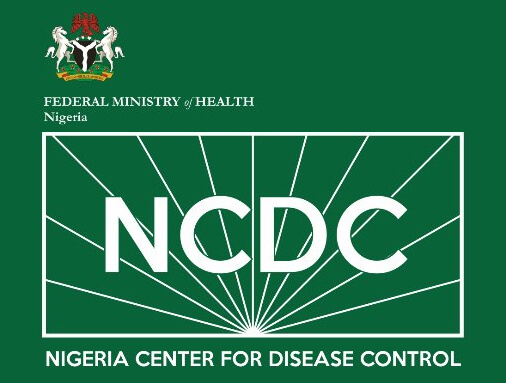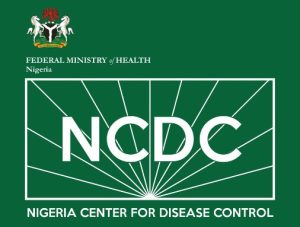

Health
NCDC Increases Airport Surveillance Following Ebola Outbreak in Uganda
The Nigeria Centre for Disease Control and Prevention (NCDC) has heightened surveillance at the country’s airports and other points of entry a

NCDC
s Uganda grapples with a recent Ebola outbreak . This move aims to prevent the spread of the disease, particularly following the confirmation of a case of the Sudan virus in Uganda.
The NDC issued a puCblic health advisory urging Nigerians to avoid non-essential travel to the affected regions in Uganda. In a statement, Dr. Jide Idris, NCDC Director-General, emphasized that there are currently no reported cases of Ebola in Nigeria, but the agency is closely monitoring the situation.
“We have no Ebola virus disease cases in Nigeria at this time. However, we are working with our partners to ensure heightened surveillance at all entry points into the country, including international airports,” said Dr. Idris. He also noted that the NCDC is updating its emergency contingency plans and optimizing diagnostic capacity for Ebola testing in key cities with international airports.
The current outbreak, which was confirmed in late January 2025, has led to one fatality in Uganda, with 44 contacts under surveillance. The NCDC reassured Nigerians that Uganda has extensive experience in handling Ebola outbreaks and has already implemented necessary containment measures.
Understanding Ebola: Risks and Precautions
Ebola, a highly infectious and often fatal disease, is transmitted to humans through direct contact with bodily fluids of infected individuals or animals. The disease is particularly dangerous for healthcare workers and those in close contact with patients or deceased victims.
The Sudan strain responsible for Uganda’s outbreak is one of five known species of the virus. While vaccines for some strains exist, the vaccine for the Sudan strain is not currently available in Nigeria.
Preventive Measures for Nigerians
The NCDC has outlined key preventive measures to help minimize the risk of Ebola transmission, including:
Regular handwashing with soap or using hand sanitizers when soap and water are unavailable.
Avoiding contact with individuals showing symptoms of an unknown illness.
Refraining from consuming bushmeat, particularly bats and non-human primates, which are known carriers of the virus.
Practicing strict hygiene if handling or preparing bushmeat, ensuring it is properly cooked before consumption.
Healthcare workers have been urged to maintain vigilance and follow strict infection control protocols when dealing with suspected cases. The NCDC has also enhanced testing capacities for rapid diagnosis and is maintaining close communication with the World Health Organization (WHO) and regional health authorities.
Although the WHO has not imposed travel restrictions on Uganda, the NCDC has advised Nigerians to limit travel to Ebola-affected areas. The agency continues to monitor the situation and strengthen Nigeria’s preparedness against potential outbreaks.




